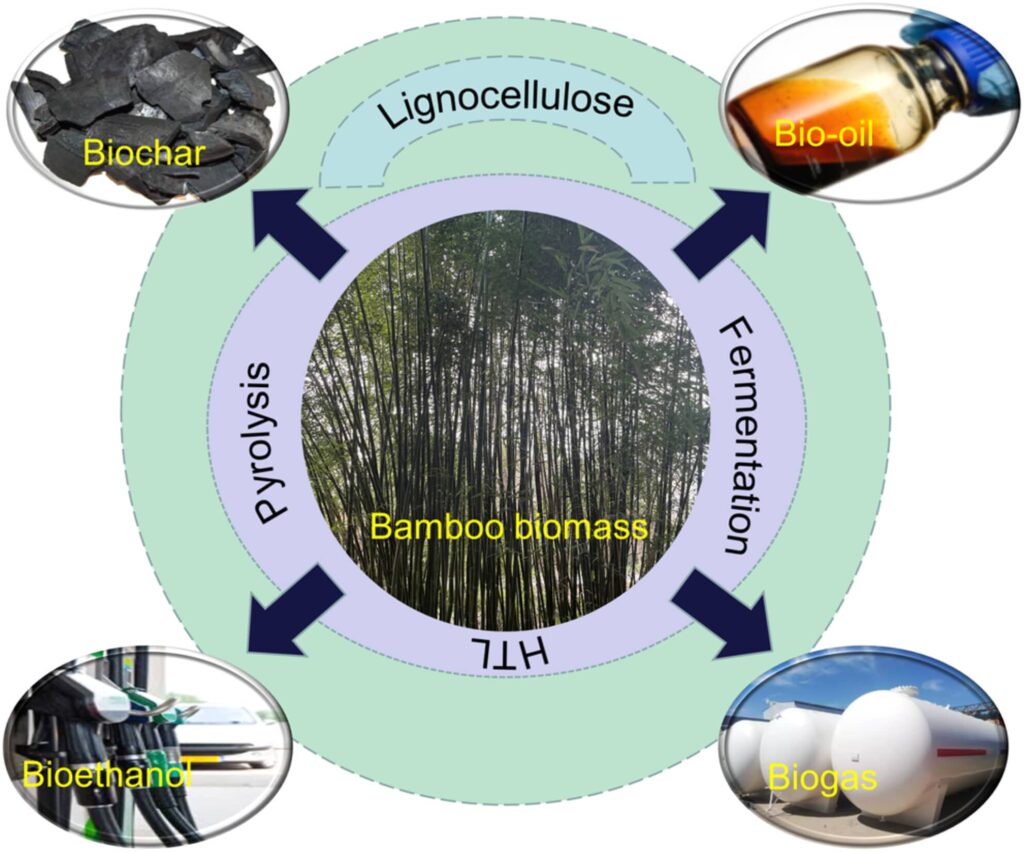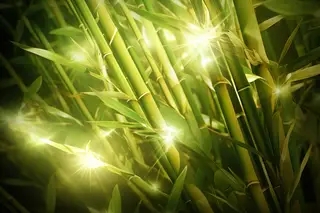Are you among those who think that bamboo is just a snack for pandas or the key ingredient in your sushi? You will change your mind: this fantastic plant can become the key resource for a sustainable energy future.
A recent article published in the GCB Bioenergy journal (I link it here) investigated the reasons why bamboo could represent a renewable, ecological energy source, and above all an alternative to fossil fuels.
The superpowers of bamboo
What makes bamboo a potential sustainability superhero? First, his incredible speed of growth: we could call it a sprinter of nature, because it grows faster than any other woody plant. Second, it is an exceptional “sponge” that absorbs carbon dioxide and release oxygen. A natural purifying filter at no cost!
But how can bamboo be transformed into energy? The authors of the study describe various processes: first of all fermentation and pyrolysis, which allow the plant to be converted into bioenergy products such as bioethanol and biogas. And the study illustrates the need to select the most suitable bamboo species for each of these bioenergy production processes.

Work in progress
“We conducted a review of energy conversion methods for bamboo biomass and found that bioethanol and biochar are the main products obtained,” he says Zhiwei Liang, first author of the study and researcher at the Hungarian University of Agriculture and Life Sciences.
“Given that the chemical composition of bamboo varies among different species, future research efforts should focus on collecting a broader range of quantitative data to select species that minimize the time and cost of biomass pre-treatment.”
A greener future than we thought
Well, now maybe you've thought about it again: the next big star of renewable energy could be that stuff that the panda can't let go of.
It's amazing to think that a solution to our energy problems can grow right there, in front of our eyes, hidden in a bamboo cane. But maybe that's exactly how it should be: after all, it's not the first time that nature has taught us lessons on how to live more sustainably.
Or not?


